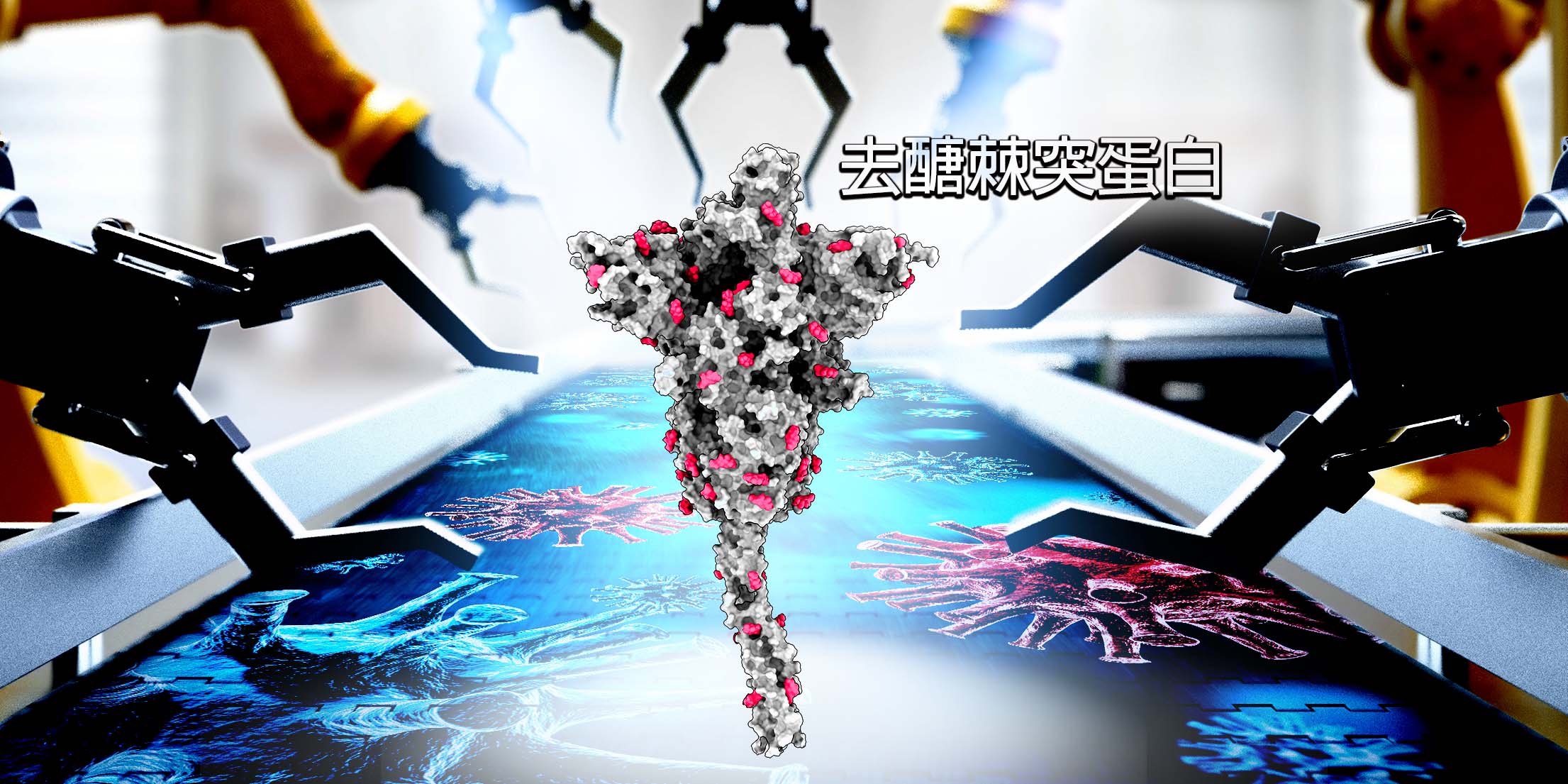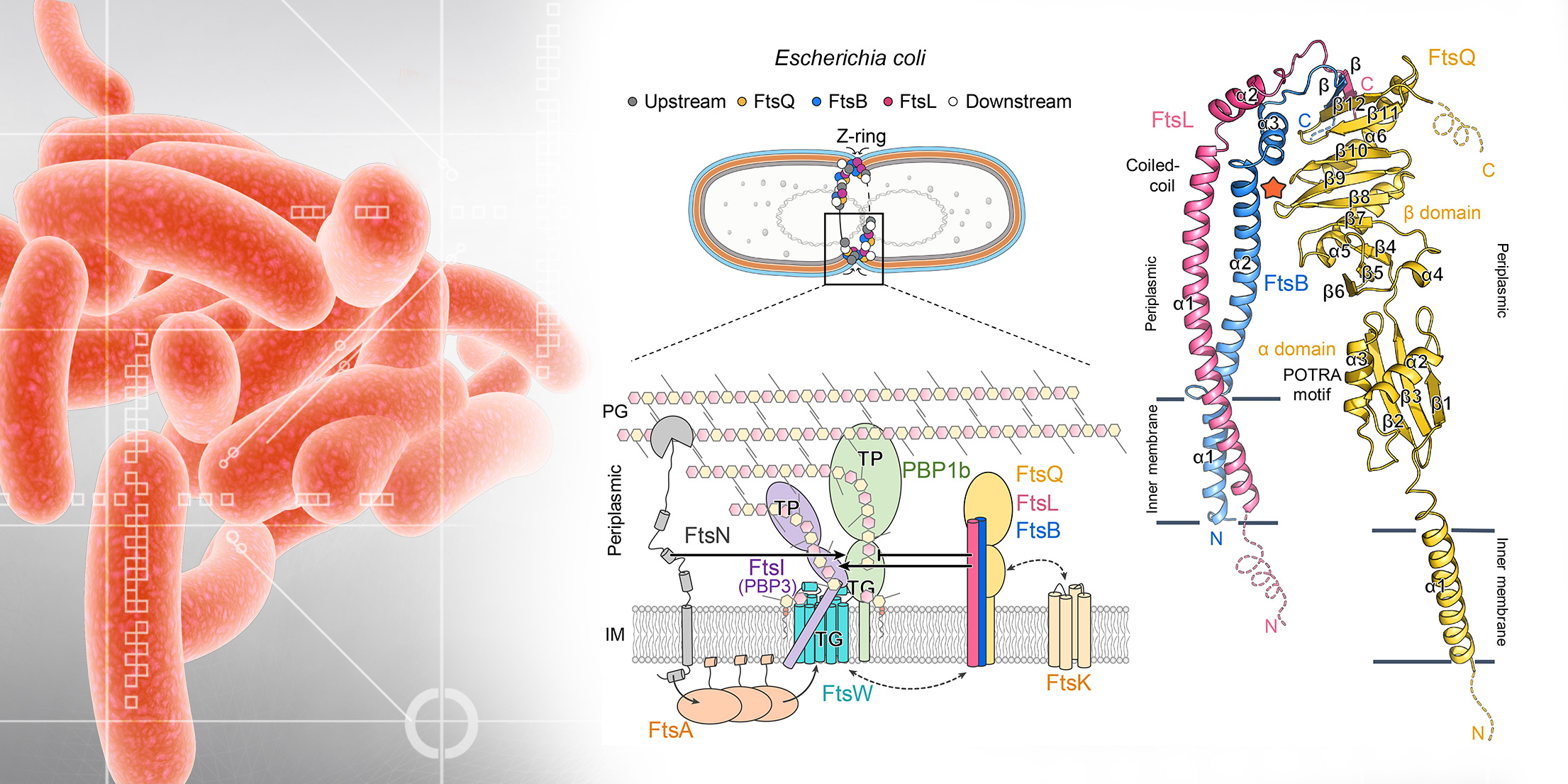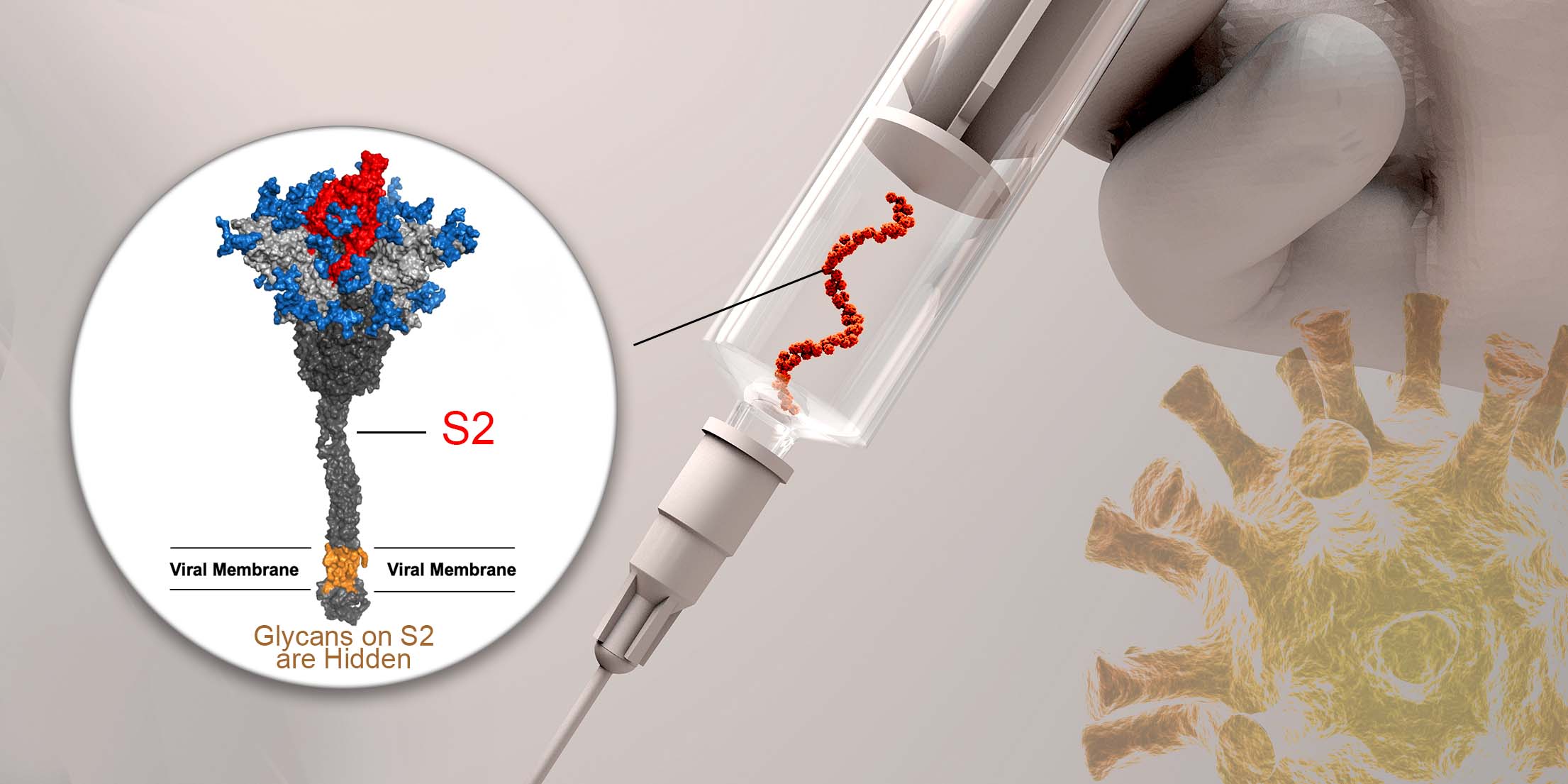α-GalCer, an abbreviation of α-GalactosylCeramide, which is a glycolipid that was reported to have the capability to boost the human immune system in fighting cancers back in 1995. The research went pass various pre-clinical studies and raised hope. However, it failed to go beyond phase I trial. It turned out that while boosting the immunity fighting cancers, it also induces substances that suppress the immune functions, resulting in weak overall anti-cancer effects.
Dr. Chi-huey Wong, who is a wizard in Glycomics, led a group of researchers to develop new glycolipids with greater immune-stimulating potency than α-GalCer. By using computer modeling technique, the team successfully designed and synthesized around 40 compounds to have better binding to CD1 molecule than α-GalCer.
The relay then goes to Dr. Alice Yu in Genomics Research Center. Dr. Alice Yu, a Medical Doctor specializes in Translational Research, led a team to validate these compounds in vitro and in vivo.Dr. Ya-Jen Chang, a postdoc of the Yu’s lab did a qualifying test against these compounds with human Natural Killer T cells and Dendritic cells. Several compounds stood out and showed promising results. Glycolipids with an aromatic ring like attached to the tail end were more effective than 脉α-GalCer in inducing Th1 cytokines and expansion of NKT cells. A further in vivo test using mice proved such efficacy as well.
 The team then performed the in vivo experiment on mice with aggressive lung cancer tumors and breast cancer tumors. The study showed that the lung cancer-bearing mice treated with the new glycolipid had significantly prolonged survival time compared to those treated with α-GalCer. The treated mice appeared much healthier than the untreated group. In breast cancer-bearing mice, treatment with the new glycolipids inhibited the tumor growth rate by 75% of untreated group, as compared to 50% inhibition in mice treated with α-GalCer.
The team then performed the in vivo experiment on mice with aggressive lung cancer tumors and breast cancer tumors. The study showed that the lung cancer-bearing mice treated with the new glycolipid had significantly prolonged survival time compared to those treated with α-GalCer. The treated mice appeared much healthier than the untreated group. In breast cancer-bearing mice, treatment with the new glycolipids inhibited the tumor growth rate by 75% of untreated group, as compared to 50% inhibition in mice treated with α-GalCer.
The added plus to this research is that α-GalCer has been a trialed target, thus, it is hoped that the risk, required time line, as well as developmental cost in pushing it into clinical trials can be relatively lower.
This research has demonstrated a promising strategy in drug discovery by fine tuning the immune responses. An Online Early Edition report of the PNAS (Proceedings of National Academy of Sciences) website is scheduled in the week of June 11th.





